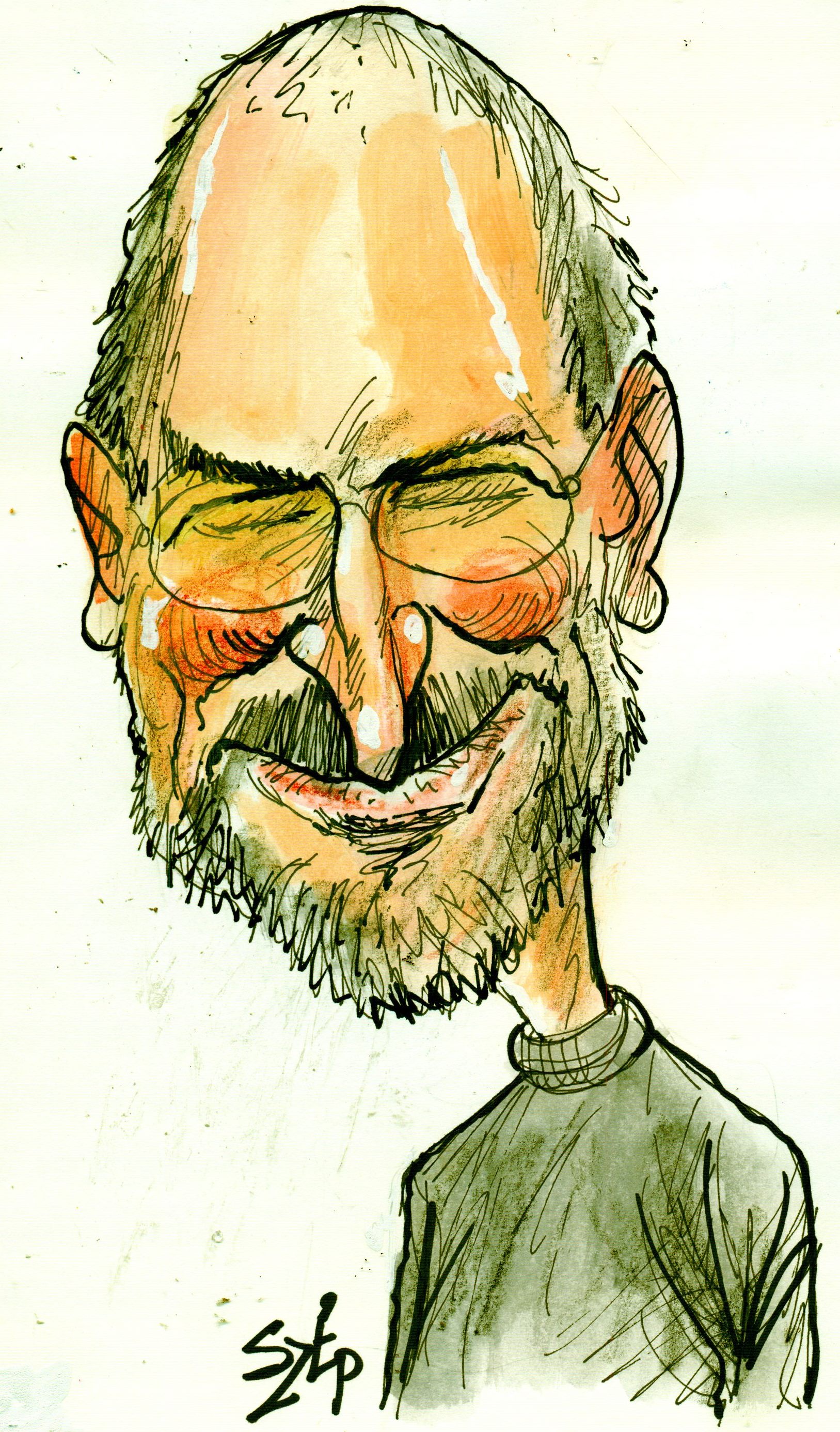In 1982, two social scientists—George L. Kelling and James Q. Wilson—published an article in the Atlantic in which they argued that a city window left broken is an invitation to further disorder. Their message was as simple as it was unconventional. Sweat the small stuff (graffiti, aggressive panhandling, petty crime) and you’ll stop problems before they grow bigger.
In the three decades since, mayors and police chiefs across America have transformed their cities by taking the broken-window message to heart, especially in New York. Now Occupy Wall Street has taken a high-profile part of Manhattan and turned it into an anarchist campground worse than the Tompkins Square Park of the 1980s, when it stood for the worst of New York—encampments of the homeless and a haven for drug dealing. The OWS protesters seem to have no fear of Michael Bloomberg: A sign at one entryway warns hizzoner that if he tries to interfere, he will be the one arrested.

